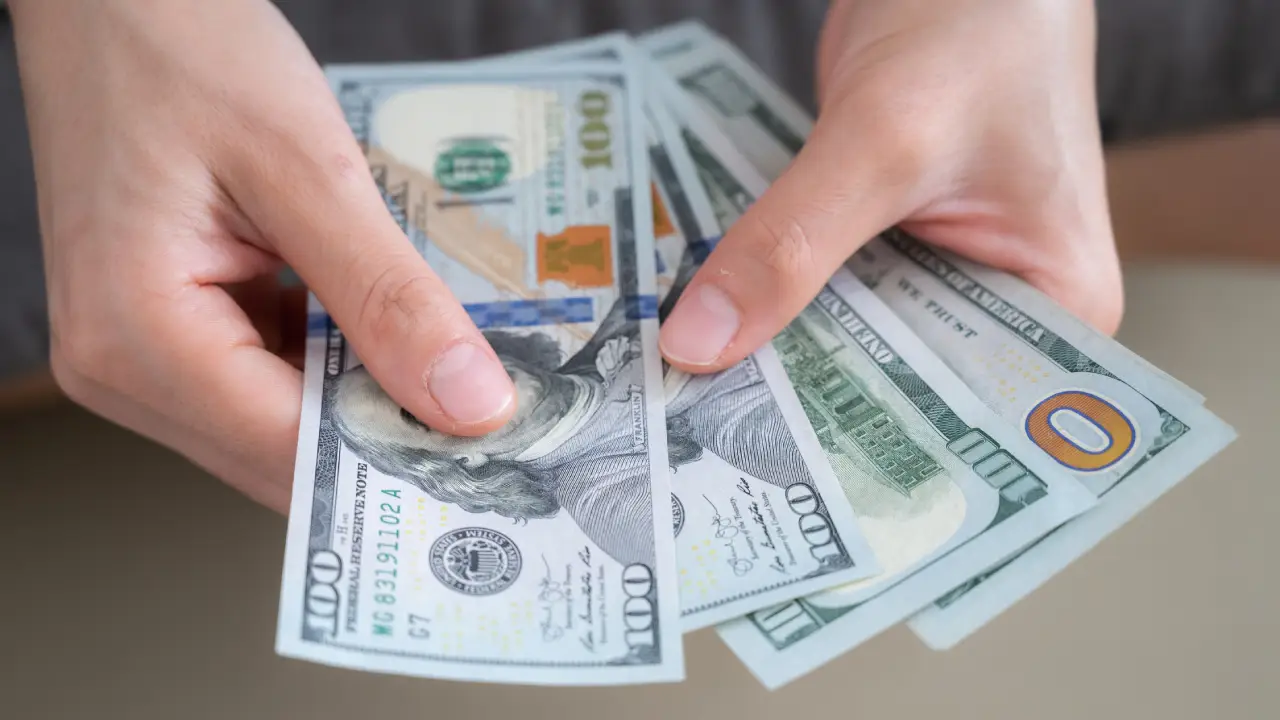Cash Dominates Illegal Activity, Not Cryptocurrency, Says New Report
03.10.2024 18:00 1 min. read Alexander Zdravkov
A new report from the Crypto Information Sharing and Analysis Center (ISAC) reveals that cash is far more prevalent than cryptocurrency in illegal activities worldwide.
Despite cryptocurrencies gaining a reputation for facilitating crime—particularly during the Silk Road era—crime rates involving crypto have sharply declined in 2024.
The report’s co-author, Robert Whitaker, argues that cryptocurrencies are actually beneficial for law enforcement due to their public and traceable nature, which contrasts with cash’s anonymity. The intention behind the report is to educate policymakers and stakeholders on the value of blockchain technology as a tool for lawful activities.
While the infamous Silk Road accounted for a significant portion of Bitcoin transactions before its shutdown in 2013, cash is now more frequently used in sophisticated money laundering and other illegal operations.
The report emphasizes that recent regulations have made crypto less appealing for illicit transactions, as robust tracking mechanisms have been implemented.
To combat remaining criminal activity in the crypto space, ISAC calls for international collaboration among regulators and industry players. This collective effort aims to create better compliance standards and develop effective strategies to minimize illicit uses of cryptocurrency.
-
1
Crypto Theft Surges to $2.1B in 2025: State Actors Lead Historic Wave of Attacks
27.06.2025 16:30 2 min. read -
2
Solana PumpFun Bot Turns Out to Be Malware in Disguise
04.07.2025 9:00 2 min. read -
3
Hackers Steal $140 Million from Brazilian Central Bank, Launder Funds Through Crypto
05.07.2025 11:00 2 min. read -
4
U.S. Court Ends Tornado Cash Legal Dispute, Marking Win for Coin Center
08.07.2025 10:00 2 min. read -
5
Investor Loses $6.9M After in TikTok Crypto Scam
16.06.2025 19:00 1 min. read
U.S. Court Ends Tornado Cash Legal Dispute, Marking Win for Coin Center
A legal clash between Coin Center and the U.S. Treasury Department over sanctions imposed on Tornado Cash has officially come to an end, following a joint decision to dismiss the case.
Hackers Steal $140 Million from Brazilian Central Bank, Launder Funds Through Crypto
A sophisticated cyberattack targeting Brazil’s central bank reserve accounts has resulted in the theft of over $140 million (R$800 million), much of which was swiftly funneled through cryptocurrency channels.
Solana PumpFun Bot Turns Out to Be Malware in Disguise
A malicious open-source project on GitHub disguised as a Solana trading bot has compromised user wallets, according to a July 2, 2025, report by cybersecurity firm SlowMist.
Pennsylvania Man Sentenced to 8 Years for $40M Crypto Ponzi Scheme
The U.S. Department of Justice has sentenced Dwayne Golden, 57, of Pennsylvania to 97 months in prison for orchestrating a fraudulent crypto investment scheme that stole over $40 million from investors.
-
1
Crypto Theft Surges to $2.1B in 2025: State Actors Lead Historic Wave of Attacks
27.06.2025 16:30 2 min. read -
2
Solana PumpFun Bot Turns Out to Be Malware in Disguise
04.07.2025 9:00 2 min. read -
3
Hackers Steal $140 Million from Brazilian Central Bank, Launder Funds Through Crypto
05.07.2025 11:00 2 min. read -
4
U.S. Court Ends Tornado Cash Legal Dispute, Marking Win for Coin Center
08.07.2025 10:00 2 min. read -
5
Investor Loses $6.9M After in TikTok Crypto Scam
16.06.2025 19:00 1 min. read


